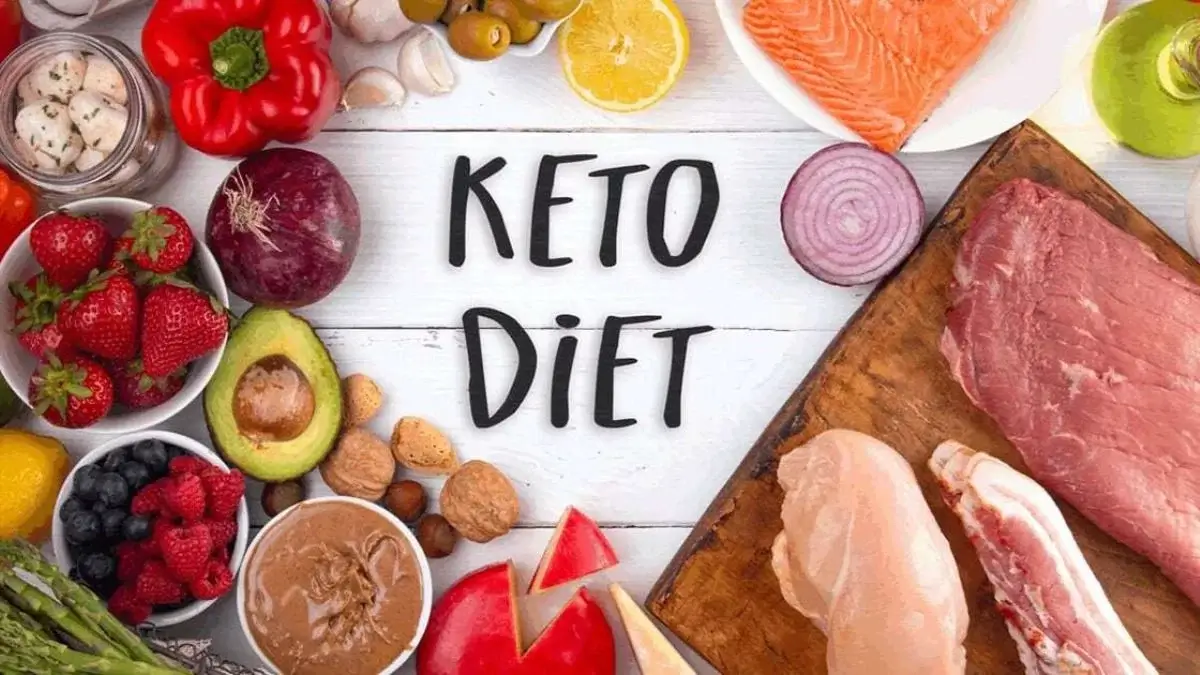Three Popular Diets: Which One Really Works?

Losing five kilograms in a week — without exercise or suffering — is almost everyone’s dream. Today, everyone is embracing the keto diet; tomorrow, they switch to intermittent fasting. Then a new trend emerges: “Eat whenever you want, just listen to your body.” But the body doesn’t always know what it needs — sometimes it gets it wrong.
We chose three of the most popular and widely discussed dieting methods of recent years and studied them from a scientific point of view.
Keto diet: losing weight by eating fat — fact or fiction?
The keto motto says: “Fats are friends, carbohydrates are enemies.” The diet is based on excluding carbohydrates and adapting the body to ketone compounds. The brain then works not on glucose, but on ketones formed from fats.

Initially — especially if your previous diet was high in carbs — the body reacts quickly, and weight drops. But soon, side effects begin to appear.
Nutritionist Arina Tertishnaya warns:
“Keto is not just a diet, it’s a medical treatment method. Starting it without a doctor’s recommendation is like jumping into ice-cold water while being ill. If the liver, intestines, or other internal organs haven’t been examined, keto can be harmful.”
You may lose weight — but along with the kilos, you may gain issues with your gallbladder, hormonal imbalances, and disruptions in thyroid function. This is not just a diet — it’s a process that requires careful supervision.
Intermittent fasting: easy weight loss or hidden exhaustion?
16/8, 18/6, OMAD — the concept is simple: eat during fewer hours — lose more weight. But it’s not about quantity, it’s about timing.

By limiting eating times, insulin levels may decrease, blood sugar can stabilize, and autophagy (natural cellular cleansing) may be activated. But this method is not equally effective for everyone.
Nutritionist Arina Tertishnaya emphasizes:
“If someone has vitamin deficiencies, sleep disorders, or emotional stress — intermittent fasting could be the final blow. Hunger is a stressor. The body needs to be prepared. Otherwise, instead of benefits, fatigue will set in — and fatigue doesn’t help with weight loss.”
Intuitive eating: freedom or illusion?
At first glance: no counting, no weighing, no restrictions. Eat when you want. Give your body what it asks for.

But it’s not always intuition. For example, someone with a magnesium or B-vitamin deficiency may “crave” chocolate — not because the body needs it, but because the brain wants dopamine.
Nutritionists remind us: under the mask of “intuitive eating,” one can continue unhealthy eating habits for years without realizing it. This isn’t freedom — it’s lack of self-management in those without enough knowledge or emotional stability.
Many interpret this approach as “I just love sweets and don’t want to restrict myself.” But that’s not intuition — that’s inertia.
Conclusion: there is no universal diet
A way of eating isn’t just about food — it’s communication with your body, your life, and your daily choices. Every body is unique. Scientific studies show: no matter how modern the method, without balanced eating, movement, and good sleep — there will be no result.
The Zamin.uz editorial team will continue to follow important topics related to a healthy lifestyle. Read “Zamin” on Telegram!
Ctrl
Enter
Found a mistake?
Select the phrase and press Ctrl+Enter 


















